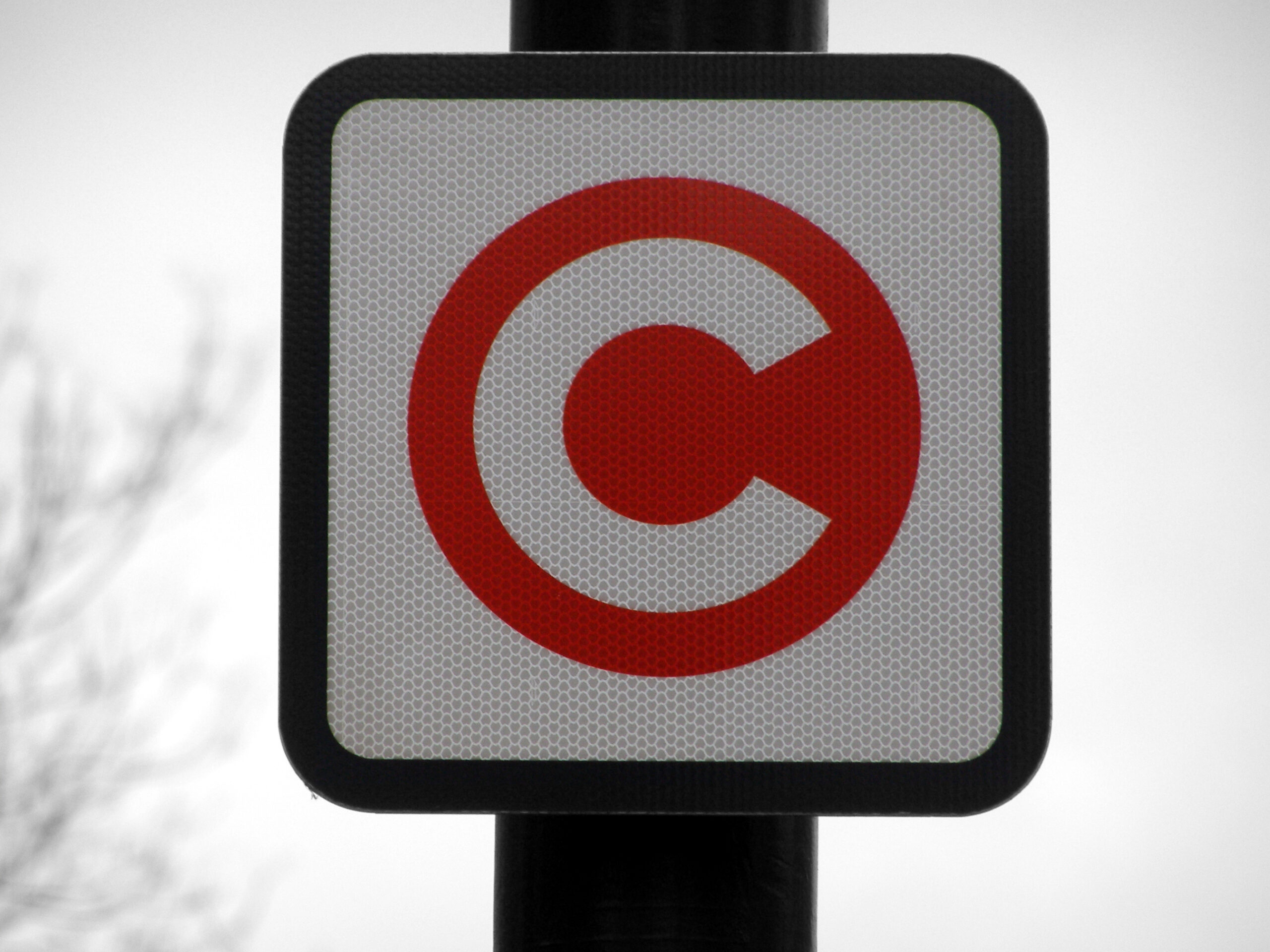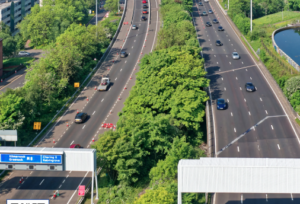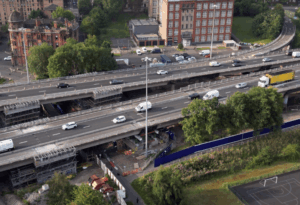The Scottish Government has set out options for travel demand management in the country which it says requires a broad combination of interventions, including infrastructure, incentives and disincentives.
It has a target of a 20% reduction in car use by 2030 on the road to net zero by 2045.
But it says it won’t reach these without some form of downward pressure on car use, adding that this includes a range of measures including development planning and road space reallocation as well as familiar fiscal measures such as congestion charging.
It has assessed charging drivers to travel by car, either within certain areas or over distances. The two broad options assessed are either a national distance charge per kilometre driven on any road and implemented by the Scottish Government, or a daily charge for driving in all large urban areas in the Glasgow conurbation, Edinburgh, Dundee and Aberdeen and implemented by local authorities under existing legislation.
It looks at charging up to £15 per day for driving in cities, or up to 10p per kilometre driven for all drivers, adding that “both distance and area-based charging could be designed to achieve the 20% reduction in car kilometres, and at a cost to individual drivers which is not unreasonable.”
The report states local area charges could be technically easier and quicker to introduce, as local authorities already have to powers to implement these charges, while a national distance based charge is more complex requiring further policy development.
This report concludes that travel demand management has the potential to achieve the Scottish Government’s target of reducing car kilometres “by pricing transport use in a fairer way, in line with Scotland’s geographic and social needs”, and that it has the potential to raise significant levels of revenue “which can be reinvested in enhancing public and active transport, enabling Scotland to meet its net-zero targets”.
(Picture – Yay Images)
























